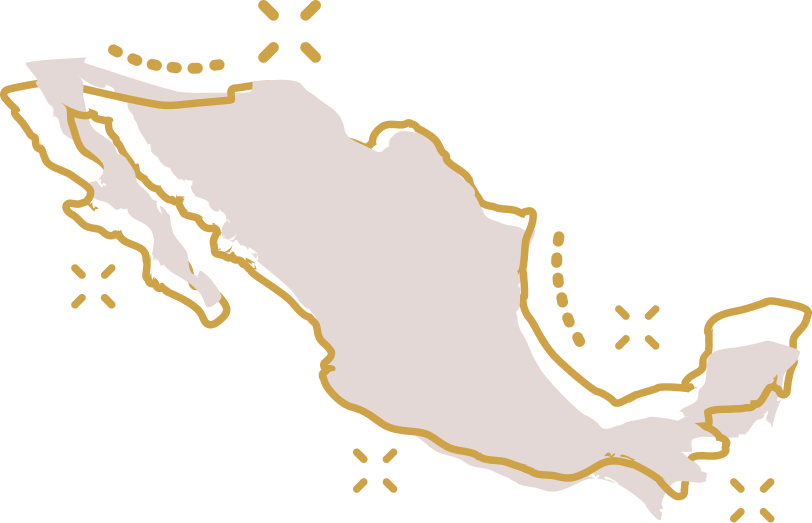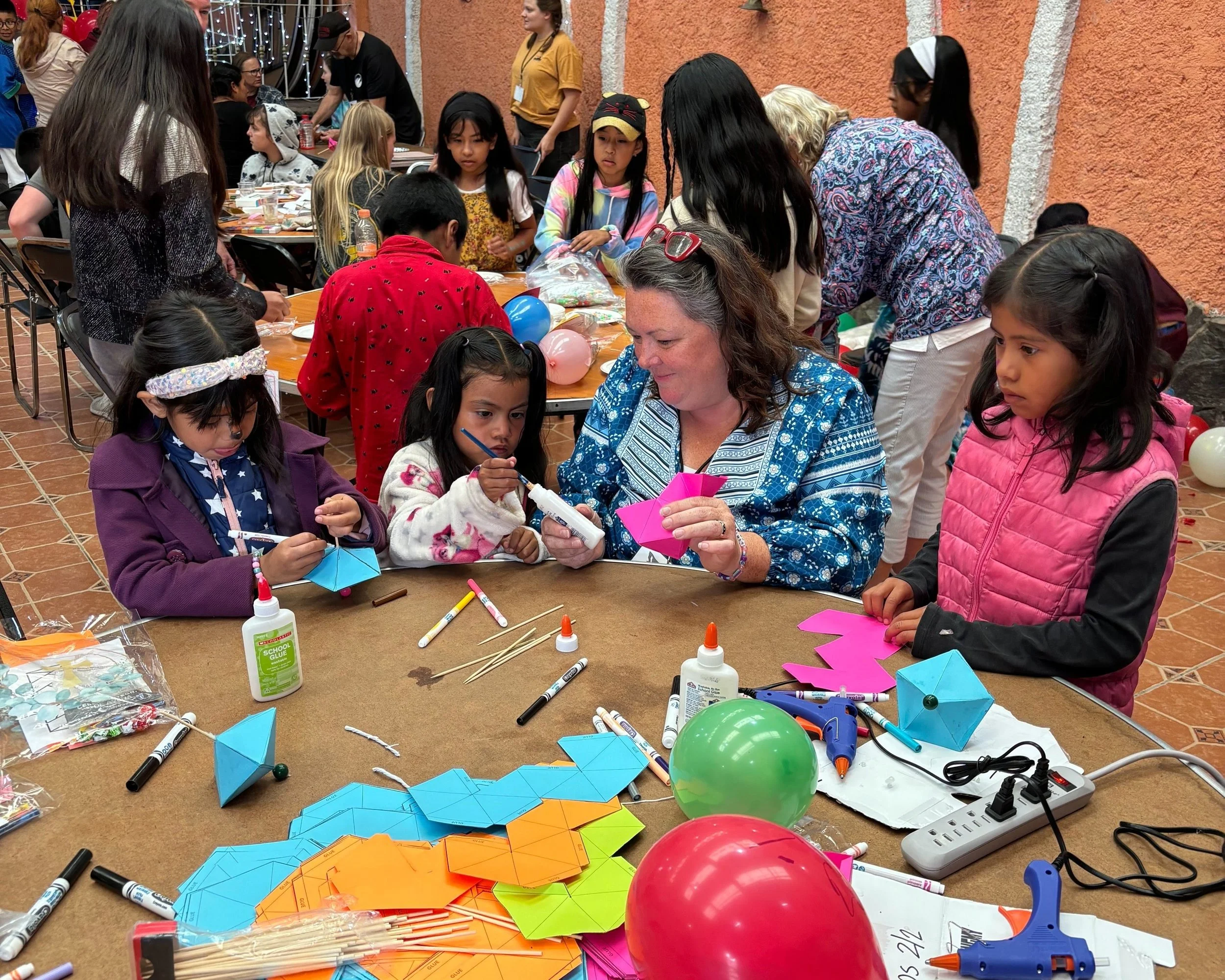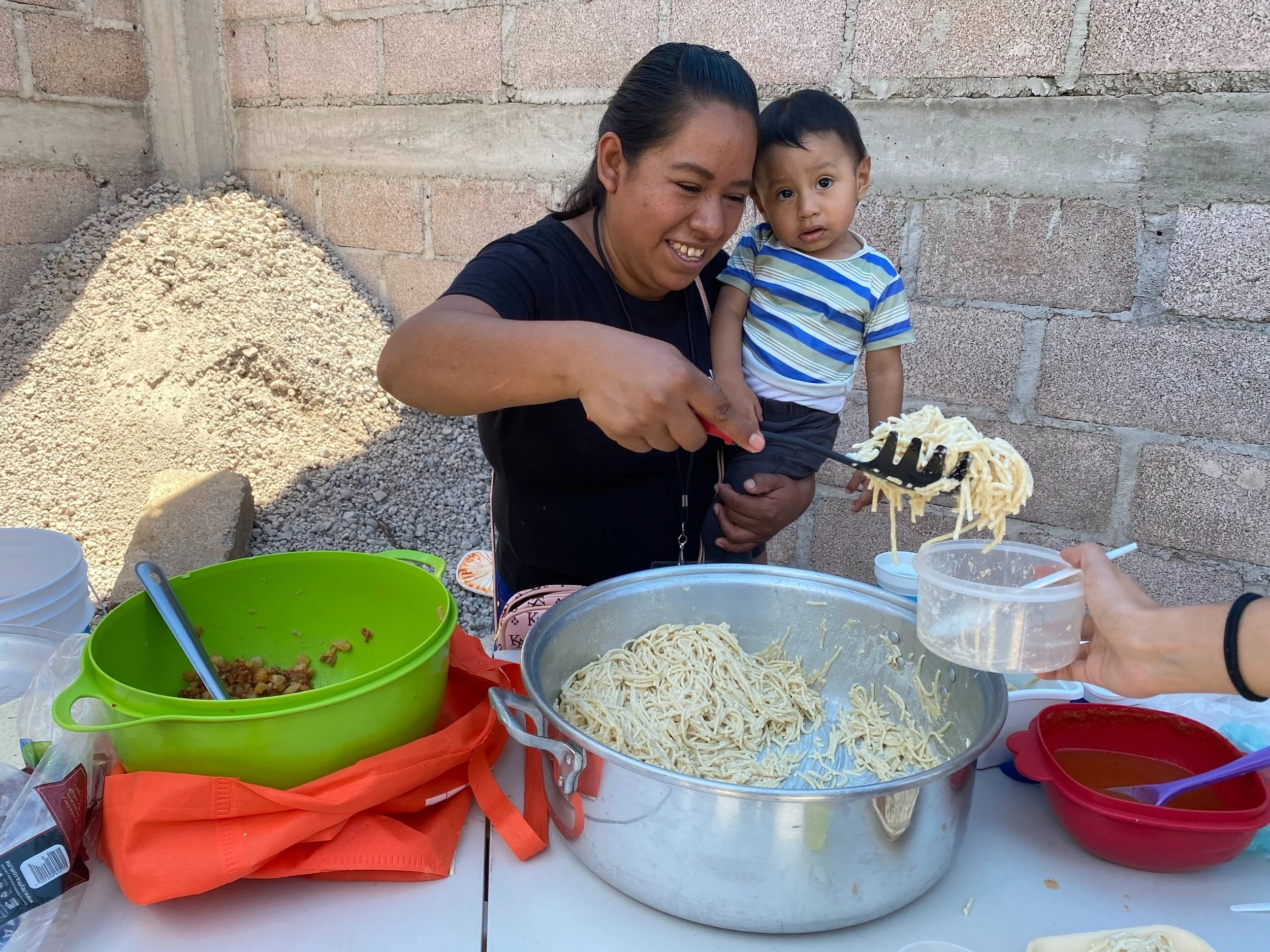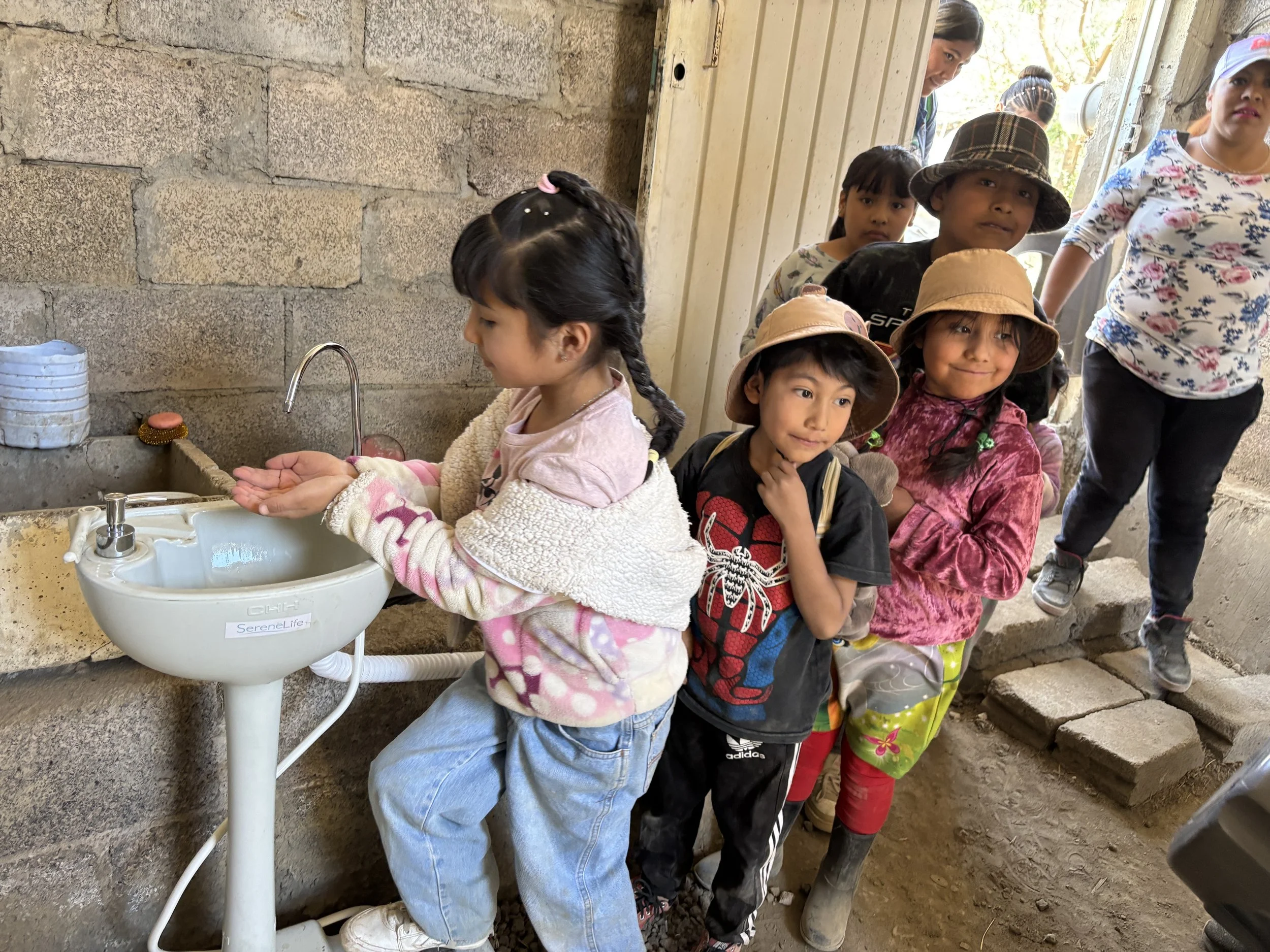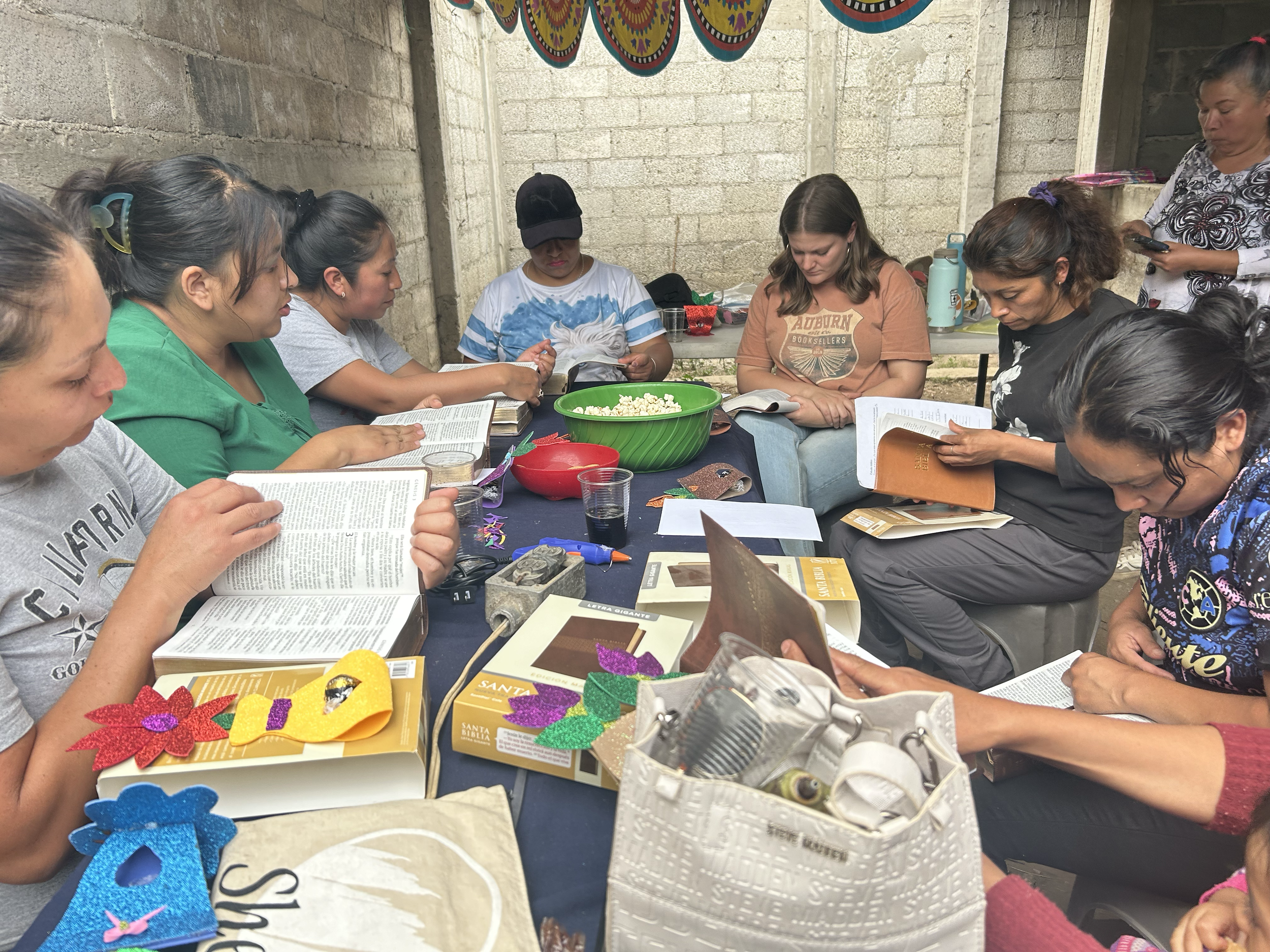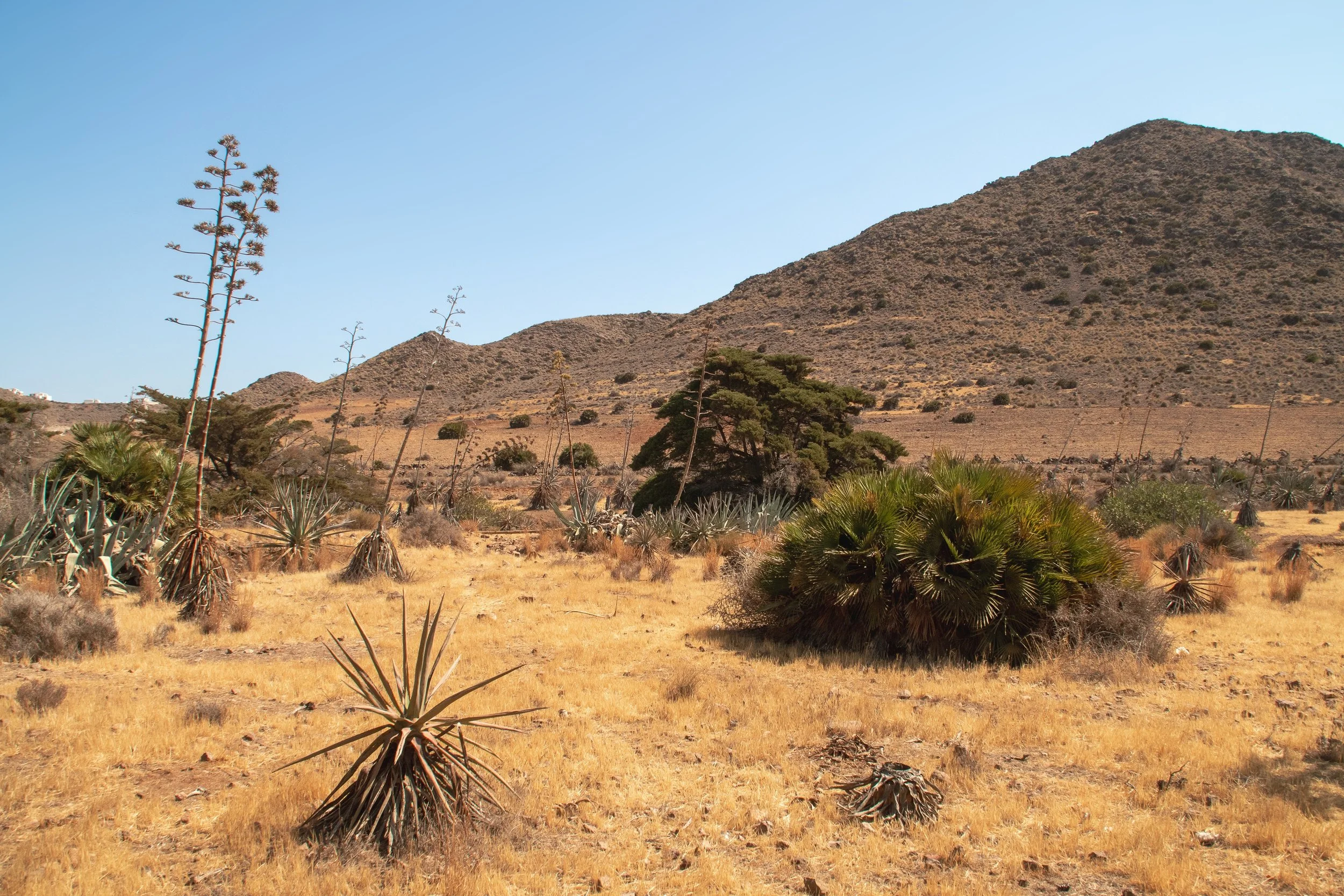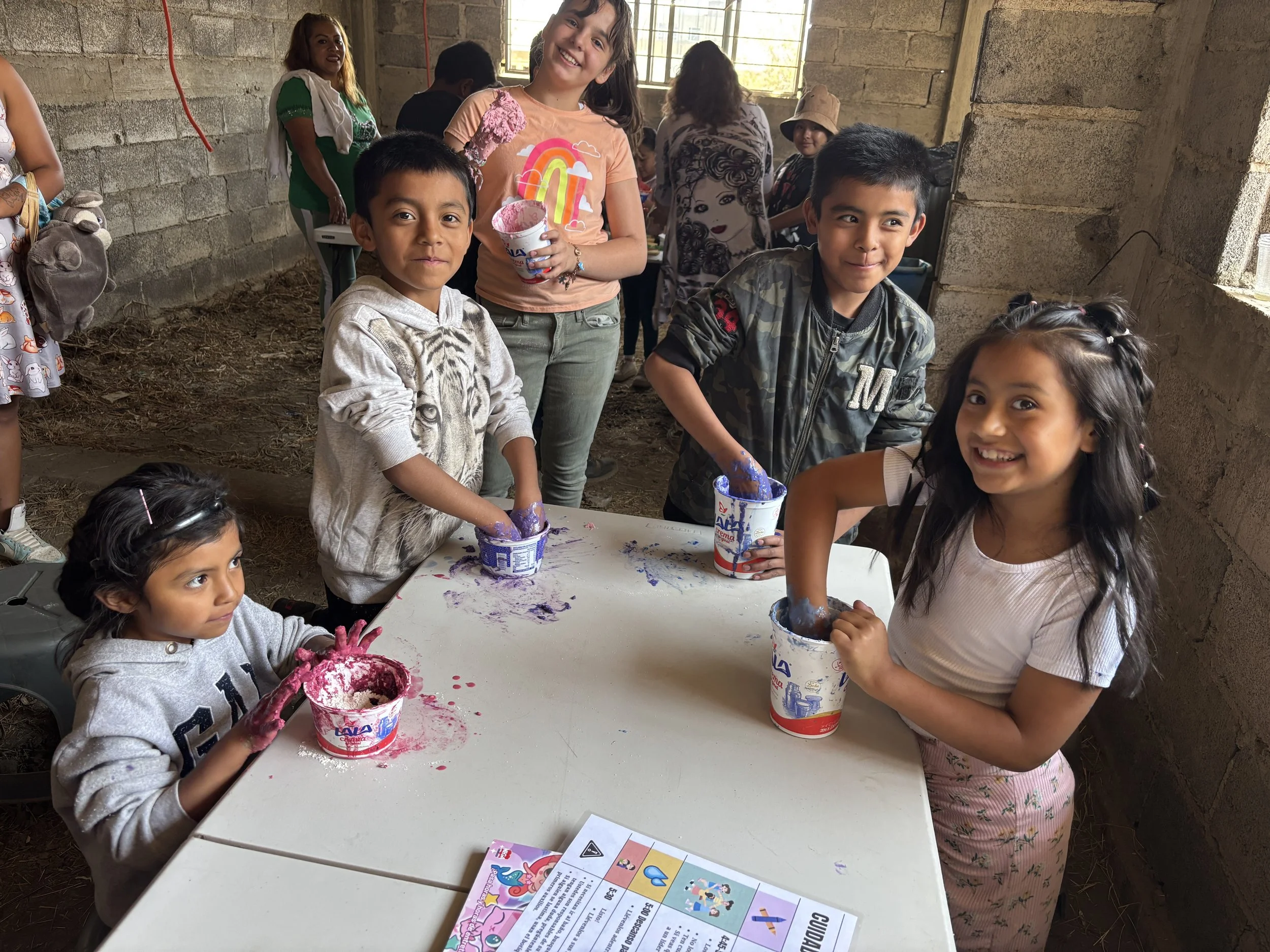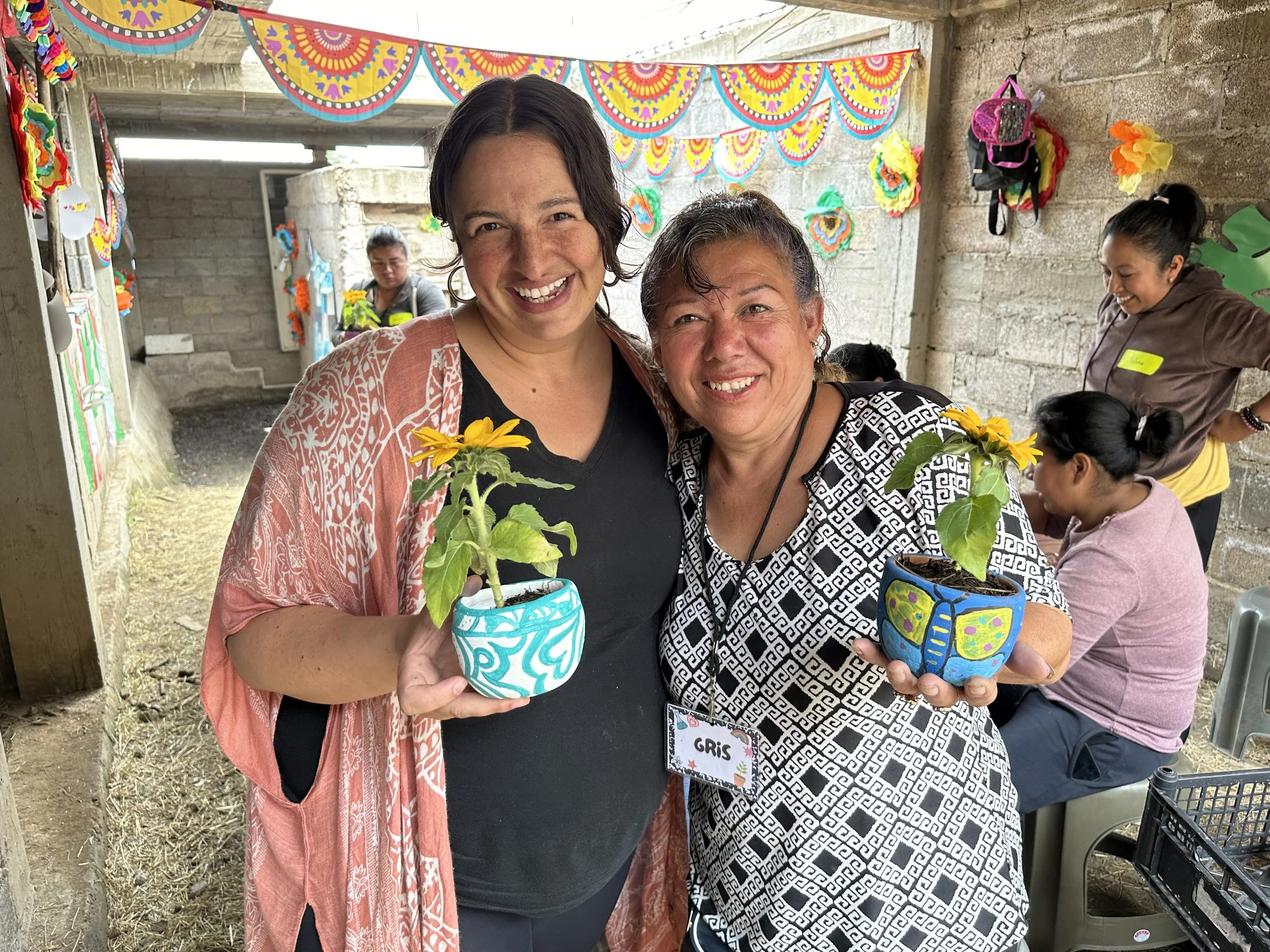
ABOUT US
Where We Work
Currently, we work in three urban poor communities (urban slums) on the outskirts of Mexico City: Chimalhuacán, San José Las Palmas, and San Sebastián. The people who live in these highly populated urban communities have literally been marginalized to the outskirts of Mexico City where they commute 3-5 hours a day to seek work in the City. Mexico City is one of the largest cities in the world and its population continues to grow rapidly as it attracts immigrants and refugees from rural Mexico as well as Latin America and the Caribbean. The poorest and most vulnerable seek to build a life for their families in urban poor communities on the southeast of the city.
The Problems Facing These Communities
Corruption & Lack of Government Infrastructure
Services like electricity and water trucks are controlled by local gangs
Millions are served by one unreliable police patrol car and ambulance
The closest public hospital takes hours to reach by public transportation
Local schools experience significant staff turnover and bullying
High crime and limited government protection
Public transportation is dangerous, expensive, and time consuming
Challenges Facing Families
Men work long hours 6-7 days a week
Drug and alcohol addiction
Domestic abuse and sexual abuse
Married women undervalued and expected not to work or seek further education
Prevalence of single mother households, small children left home alone
No safe places for children to play indoors or outdoors
Teen pregnancy and child homelessness
General Hopelessness
Food and work insecurity
Limited access to education and opportunities for advancement
Distrust between neighbors
No access to therapy or resources for healing from trauma
Catholic Church
In parts of Mexico, syncretism and spiritual manipulation are common within the Catholic Church, with some leaders using fear and superstition to control people and enrich themselves.
Christian Church
As a way of differentiating itself from Mexican Catholicism, the Mexican Church, especially in the urban poor communities, is extremely legalistic and heavily emphasises appearances and rules. This has led to a sweeping cultural rejection of Christianity.
Worship of Death
Specifically amongst the poorest of the poor in Mexico we are seeing the rapid growth of Santa Muerte, or the worship of Death. The poor say that Jesus does not love them and so they offer sacrifices to death in order to have a better life or see justice served.
How We Respond
1. We spend quality time in the communities we work in, visiting families in need and investing in local leaders in order to build individual relationships and listen to the concerns and goals that locals have for their communities.
We believe transformation begins with presence, so we consistently show up in homes, on the streets, and in everyday spaces. This long-term investment allows us to walk alongside communities and build trust in areas where people are used to being taken advantage of.
2. We offer faith-based programs by leading small groups, youth groups, children’s clubs, and planting home churches.
These programs create safe, discipleship-focused environments where individuals can grow in their faith, find belonging, and experience the love of Jesus in community.
3. We offer extracurricular music, arts, and second-language activities for children and youth that promote cognitive development, literacy, confidence, and build relationships within the community.
These creative spaces also serve as positive alternatives to unsafe streets and foster emotional healing and self-expression
4. We fight hunger through sustainable community-led projects like aquaponics.
These systems provide healthy food, economic opportunities, and hands-on training, while reinforcing stewardship and self-sufficiency in vulnerable neighborhoods.
5. We offer workshops that support families and community development like parenting classes, abuse prevention, small business training, marriage mentorship, and money management skills.
These tools strengthen families, build resilience, and equip individuals to break cycles of poverty and dysfunction.
6. We collaborate with local Pastors and Pastoras to support and expand their ministries with resources, complementing programming, and live worship.
We honor their leadership and vision, partnering to enhance local impact rather than replace it, and encouraging a unified Kingdom effort.
7. We collaborate with ministries and churches in Mexico City’s center and the United States to provide resources like Bibles, training, and counseling for the communities we work in.
These partnerships help bridge resource gaps and ensure that our communities have access to tools for spiritual growth and emotional healing.
8. We host short-term mission trips, worship retreats, and long-term internships. These experiences foster spiritual growth and cross-cultural understanding while meaningfully supporting the ongoing work on the ground through sustainable, collaborative engagement.
9. We collaborate with The Crucible Project Mexico and support urban men’s soul groups.
These transformational spaces help men face their wounds, embrace their identity, and grow into emotionally healthy leaders for their families and communities.
10. We resource Mexican ministries with tools like child safety training, first aid training, and original children’s worship music.
We also create spaces for urban artists to develop both secular and faith-based music and art, encouraging cultural expression that reflects and serves their communities.

“The strength of a community lies in the strength of its relationships.”
— Unknown


